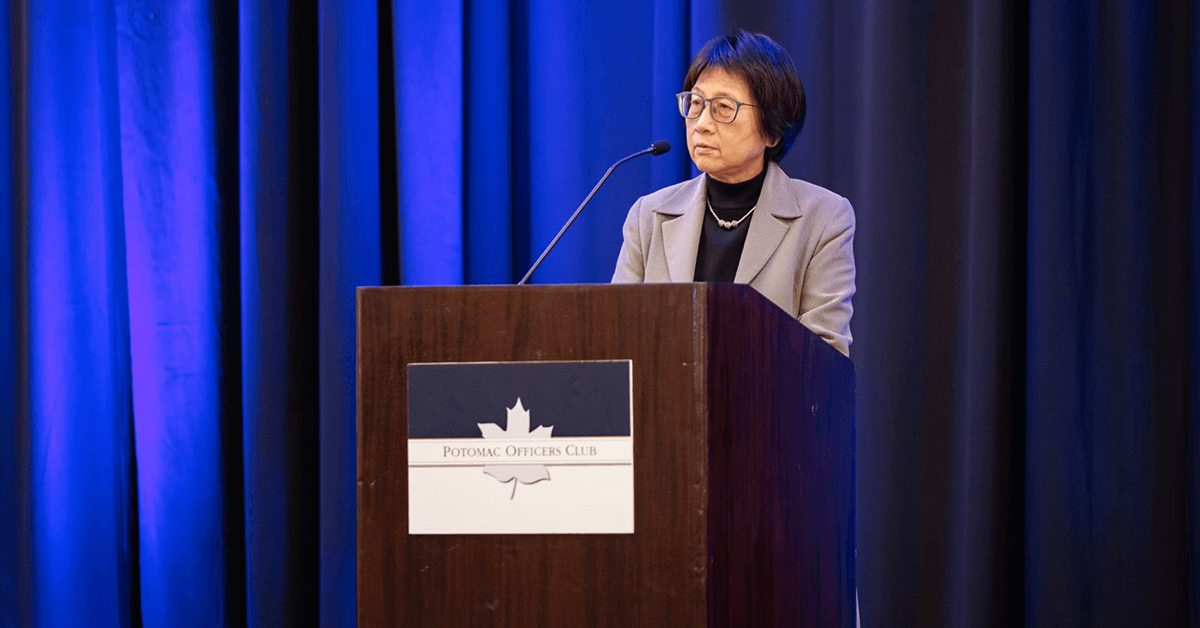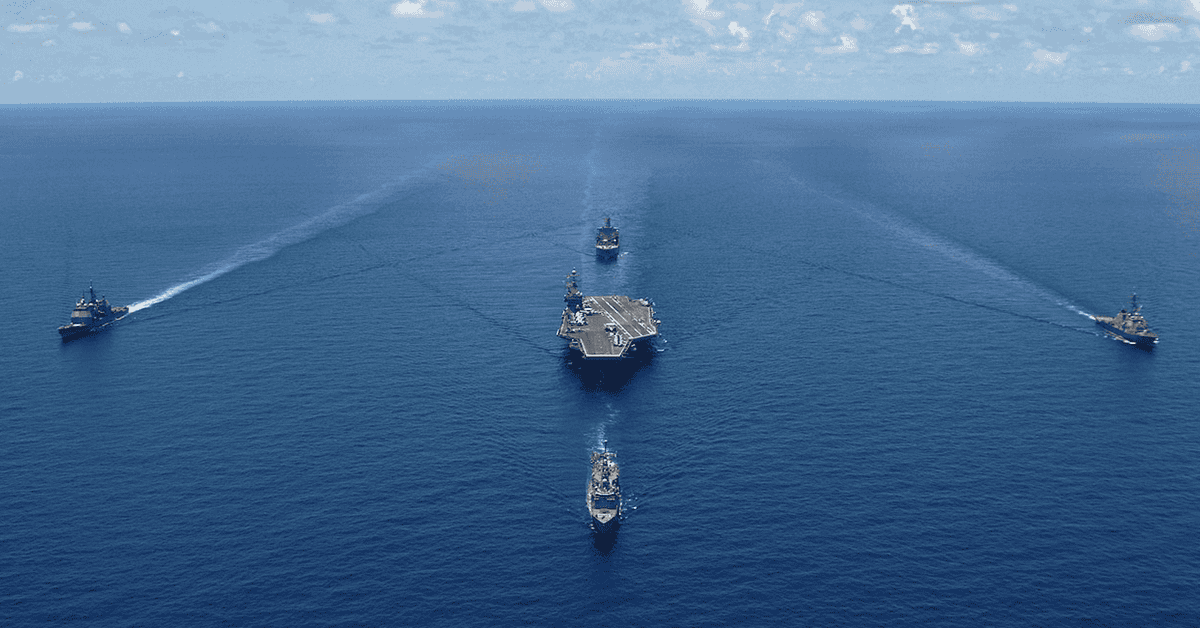 Navy Secretary nominee Richard Spencer downplayed President Donald Trump’s proposal of a 355-ship fleet, up from the current 276 number, while emphasizing that capability of weapons systems are paramount, Breaking Defense reported.
Navy Secretary nominee Richard Spencer downplayed President Donald Trump’s proposal of a 355-ship fleet, up from the current 276 number, while emphasizing that capability of weapons systems are paramount, Breaking Defense reported.
The Chief of Naval Operations Admiral John Richardson has assessed that the Navy requires 355 ships, and he issued a detailed ship-class breakdown. Spencer said that the number is “a great goal to have” and “a good number for people to focus on” but he continuously used qualifiers in his testimony to the Senate, such as œif in fact we grow to a 355-ship Navy¦ and œwhether it™s a 355-ship (fleet) or not¦.
Spencer’s testimony focused on the capability, power and sophistication of weapons systems, over the number of ships in the fleet.œWhether it™s a 355-ship (fleet) or not, what we also ought to get our head around is, can we have a capacity number but have a capability that™s even greater than that? Spencer said, reported Breaking Defense. œ(I.e.) have the capability of a 355 (ship fleet) that might be a 300-ship Navy.
œCapabilities¦ that™s where the punch is, said Spencer, touting robotic and unmanned systems. “I think unmanned [systems] ” below the water, on the water, and in the air ” is an area we™re just beginning to chip away at, and that™s going to provide some great yield for us.
Senator Tom Cotton asked whether President Trump’s budget request was large enough to fund a 355-ship Navy, and Spencer answered that it depends on the timeline given for the ship build-up.
In response to a question from Senator Ted Cruz about whether “we currently have sufficient capacity to meet the strategic requirements placed on the Navy,” Spencer replied that the Navy is currently managing its assets using risk management and “with more assets, more capability and more capacity, we could do a better job.
He added that should the size of the fleet increase, the Navy should also look at ways at ways to “construct better, faster, cheaper” as well as at technologies that increase capacity and capabilities without necessarily expanding the fleet.





